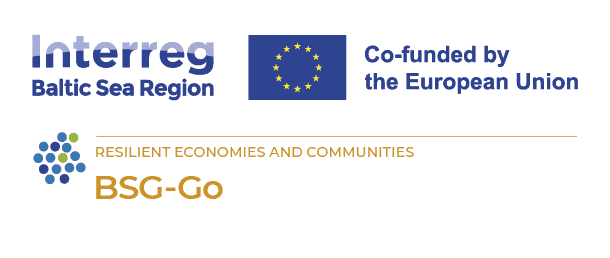
One-size-fits-all approach: Can Gaming Solve the Climate Crisis?
08 July 2024
A growing body of research suggests that the environmental impact of the video game industry is on the rise, accompanied by the extraction of materials for gaming consoles and the high energy demands of cloud gaming. Recognising the severity of this issue, an increasing number of studios are committed to addressing it. Notable initiatives within the gaming community include Playing4thePlanet, IGDA Climate, Arsht-Rockefeller, and After Climate, a consultancy for indie developers and game studios. Additionally, tools like Jyros — soon available in English — offer customised environmental impact calculators, empowering even small studios to reduce their environmental footprint.
Despite efforts by gaming manufacturers to enhance sustainability by making products more energy-efficient and recyclable, challenges remain. The gaming industry is continually evolving, with PC gamers and those who stream or use cloud storage requiring increased energy consumption—cloud gaming on a console typically uses 156% more energy than local gaming. Is it all hopeless then?
“No,” says Christine Sauter, project manager of BSG-Go!, “this is precisely why we initiated the Sustainability Nexus Conference.” This annual conference,” …which we hope will be the first of many, is a collaborative and decentralised effort across Europe and beyond. It aims to bring together stakeholders from the industry, academia, and policy sectors to align efforts and drive the games industry towards a sustainable transition”. The conference is about providing a space for the plethora of initiatives, support services, tools, communities to network and reach out to the game community across Europe.
One must consider sustainability here in broader terms, encompassing not only environmental impact but also a wide range of critical issues related to the Sustainable Development Goals (SDGs). As Sonia Fizek, speaker at the event puts it games are an amalgam, a blend between nature and culture, or nature and technology. Following this logic video games are not only objects of culture, which is widely recognised, but they are also objects of nature. This might sound strange, but they are literally made from natural resources. Recognising this doesn’t mean we should stop playing or making games, but it is a crucial step in understanding what is at stake – namely the game industry as a whole!
An Amalgam: A blend between nature and culture and nature and technology.
Moreover, as part of a creative, technology-driven industry that blends captivating narratives with visionary experiences, the game industry wields a powerful tool to influence behaviour and mindsets. An outstanding example that perfectly demonstrate this power by combining fun and education is Bumi! Next stop Earth from BSG-Go! Partner Arctic Games. In this game, players take on proactive roles in cleaning and preserving their world, promoting sustainability through engaging gameplay.
BSG Go!’s goal is to empower the game-supporting ecosystem. By facilitating the circulation of increasing resources, we aim to enhance knowledge on how to support game studios to Eco-friendly success. Smaller studios frequently lack the resources to access these information pools. This is where mentors, consultants, and business developers become crucial: they work closely with the studios and are ideally positioned to convey essential topics such as sustainable game development and business practices.
Resilience must no longer be linked solely to economic success. It should be designed for the long term, addressing societal, political, and cultural challenges next to economic ones in alignment with the respective Zeitgeist.
As the journey continues, BSG Go! strives to inspire new ideas and imaginations that will drive systemic changes—an essential transformation our society needs to embrace. With the help of Interreg we bring this crucial topic to the forefront of events such as the Sustainable Nexus or Nordic Game 2024. It becomes clear that there is no one-size-fits-all approach allowing siloed thinking. Fortunately, we are not alone in recognising this challenge!





